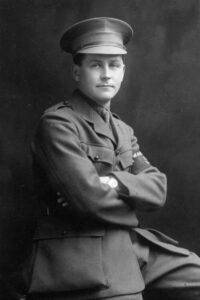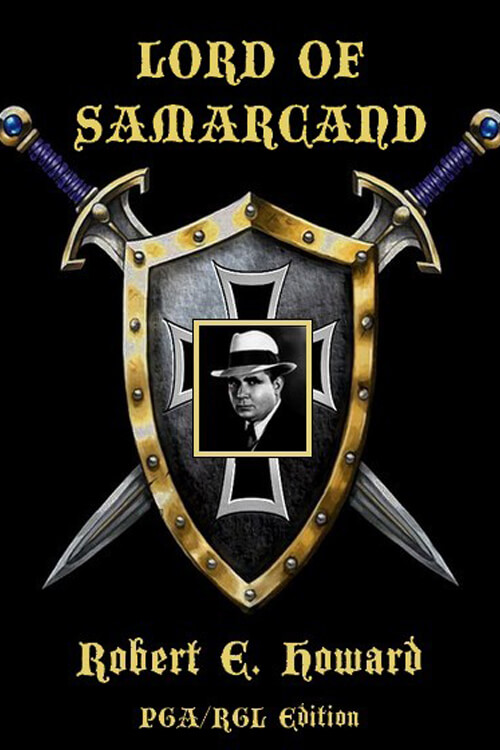
The Gold Comfit Box
He was supposedly attached to Section Seven of the Berlin Police Presidency (the Political Police). In reality, however, he was head of the personal secret service of the Emperor and derived his power and authority from none other than the Supreme warlord himself. So far as I have discovered, he possessed no official credentials, and his name is not mentioned in the innumerable publications dealing with the Kaiser and his Court, even in the notorious Bülow Memoirs. Grundt worked in the dark, and German officialdom trembled before him—the bureaucrat knows, none better, that the servant of the autocrat is often more potent than the autocrat himself. It fell to my lot to discover that if the shadow of old Clubfoot (as we were wont to call him among ourselves) fell across our path, it was a fight to a finish.
I shall be taking you back into the years before the war with these memories of mine. Time has healed the old wounds now, and the foes of yesterday are the friends of today. But do not run away with the idea that even during the worst Anglo-German tension before the fateful 4th of August, there was no particular animosity between the British and the German secret service. Not at any rate where the regular personnel was concerned. As far as our outfit went, our job was to find out as much as possible about Germany’s warlike preparedness and prevent the Germans from discovering what we were up to, and our future enemies were at the same game.
This task we both performed in a business-like, almost comradely fashion, something after the fashion of rival newspapermen or commercial travellers who, after doing their best to cut each other’s throats all day, settle down for a friendly drink together in the evening. The trouble sprang from the subordinate agents both sides were obliged to employ—the cosmopolitan rabble of cashiered officers, unfrocked clergy and other black sheep, of ex-criminals, sharpers and touts of both sexes who, seeking only their ends, deserved no quarter and frequently received none. I omit Dr Grundt in this category, but the fact remains that, in contrast with the regular Intelligence officers in his country and mine, he was an independent agent; that is to say, he was responsible for no established authority. I mention this because it explains the singular brutality of the constant war of brains between him and us.
Read or download Book
Valentine Williams
George Valentine Williams (1883–1946) was a journalist and writer of popular fiction.
Biography.
Williams was born in 1883. He was the eldest son of the chief editor at Reuters; his brother and an uncle were also journalists. He replaced Austin Harrison as the Reuters correspondent in Berlin 1905, aged 21. In 1908, he left Reuters to join the Daily Mail, filing stories from Paris and covering the Portuguese Revolution 1910. During World War I, he was in the Balkans and became one of the first accredited war correspondents in March 1915. William Beach Thomas had been reporting the war for the Daily Mail before official accreditations were granted. When the British government relented its opposition to the presence of journalists in 1915, having been warned by Theodore Roosevelt that reporting limitations were affecting public opinion in the United States, Williams stepped into the role.
In December 1915, Williams enlisted for service in the Irish Guards, and Beach Thomas took his place as an accredited reporter in France. Williams was awarded the Military Cross as a soldier and wrote two autobiographical books about his wartime experiences. In the aftermath of the war, he travelled widely as a reporter, covering events such as the Versailles Peace Conference, the discovery of the tomb of Tutankhamun, and events in America. Harold Nicolson met him in connection with events at Versailles. He described in a diary entry that “He is far too intelligent to be employed by such a paper” (the Daily Mail). During this period, he began writing thrillers, and around 1926, he gave up his post as Foreign Editor of the Daily Mail to pursue a full-time career as an author.
Williams was too old for active service during World War II’s outbreak. He joined the Secret Intelligence Service, vetting potential recruits like Malcolm Muggeridge and Kim Philby. He was transferred to the British Embassy in Washington in 1941 but soon left for Hollywood, where he worked as a scriptwriter for Twentieth-Century Fox and Metro-Goldwyn Mayer.
Williams was married to Alice Crawford. He died in 1946.






